Social media profiles hold vast amounts of personal and professional information – freely posted, widely accessible, and often permanent. Because of this, they’ve become a powerful resource in legal discovery. But attorneys must navigate ethical and procedural boundaries when requesting or collecting public social media data.
Privacy and Ethics in Social Media Discovery
Social media users often post real-time photos, videos, and status updates about their lives. That openness blurs the line between what is private and what is public. However, the visibility of content doesn’t grant attorneys automatic access.
Attorneys—and their agents—must be cautious. According to ABA Model Rule 4.2, lawyers are prohibited from sending “friend” or “connection” requests to represented parties. They must also avoid using social media as a backdoor to initiate direct communication with opposing parties. Instead, discovery of social media content should be pursued through formal channels, such as requests sent to opposing counsel.
Under ABA Model Rule 8.4, it’s also an ethical violation to use deceptive tactics to access private social media accounts. While it is permissible to request discovery of private profile content, disclosure rules vary by jurisdiction. Some courts may require attorneys to state the specific purpose of the request.
Preserving Social Media Evidence
Social media evidence is subject to the same preservation requirements as other forms of electronically stored information (ESI). ABA Model Rule 3.4 bars attorneys and their clients from deleting, altering, or concealing data that may have evidentiary value.
That includes:
-
Posts and messages
-
Associated metadata
-
Timestamps and user identifiers that could prove authorship or timing
Attorneys must advise clients not to compromise or destroy social media content that may be relevant to ongoing or anticipated litigation.
Collect Ethically. Preserve Defensibly.
SMI Aware supports legal teams in collecting social media evidence that complies with ethical guidelines and court expectations. We help ensure your requests are defensible, your collection methods are sound, and your data is preserved with integrity.
See one of our reports in action with a brief demo. Contact us to learn more.




